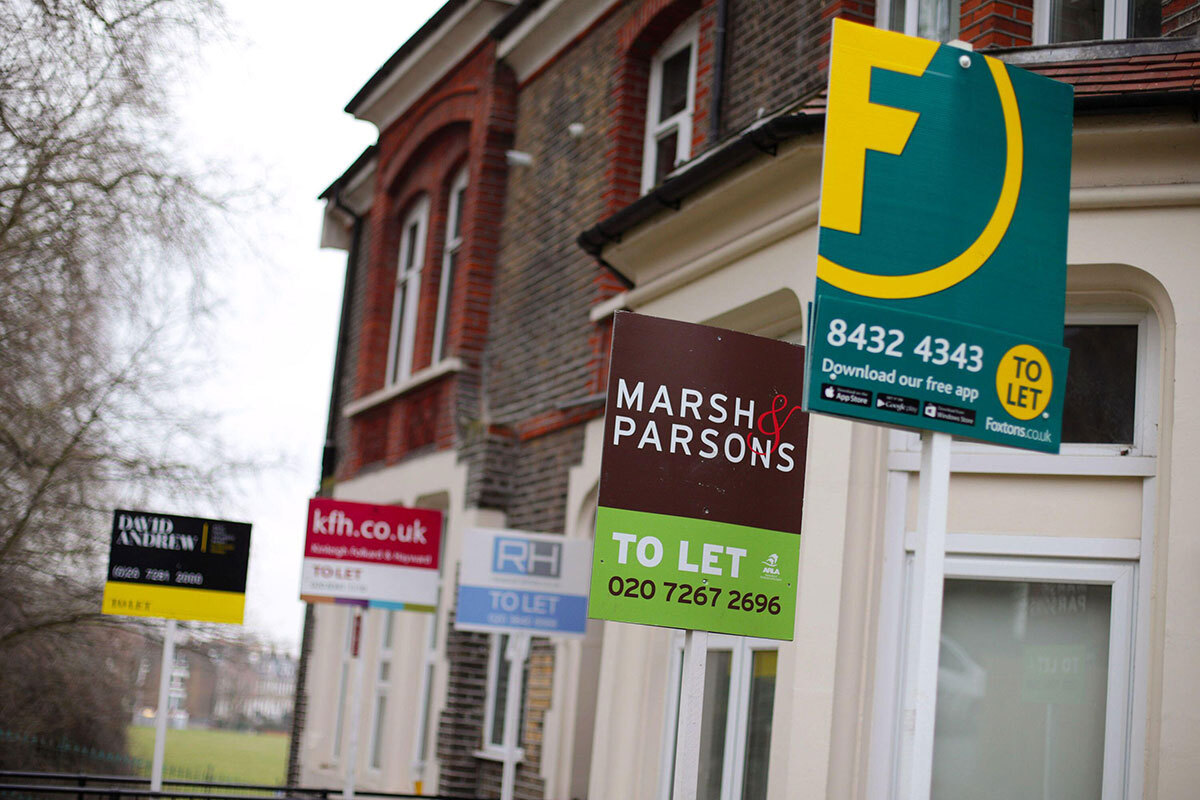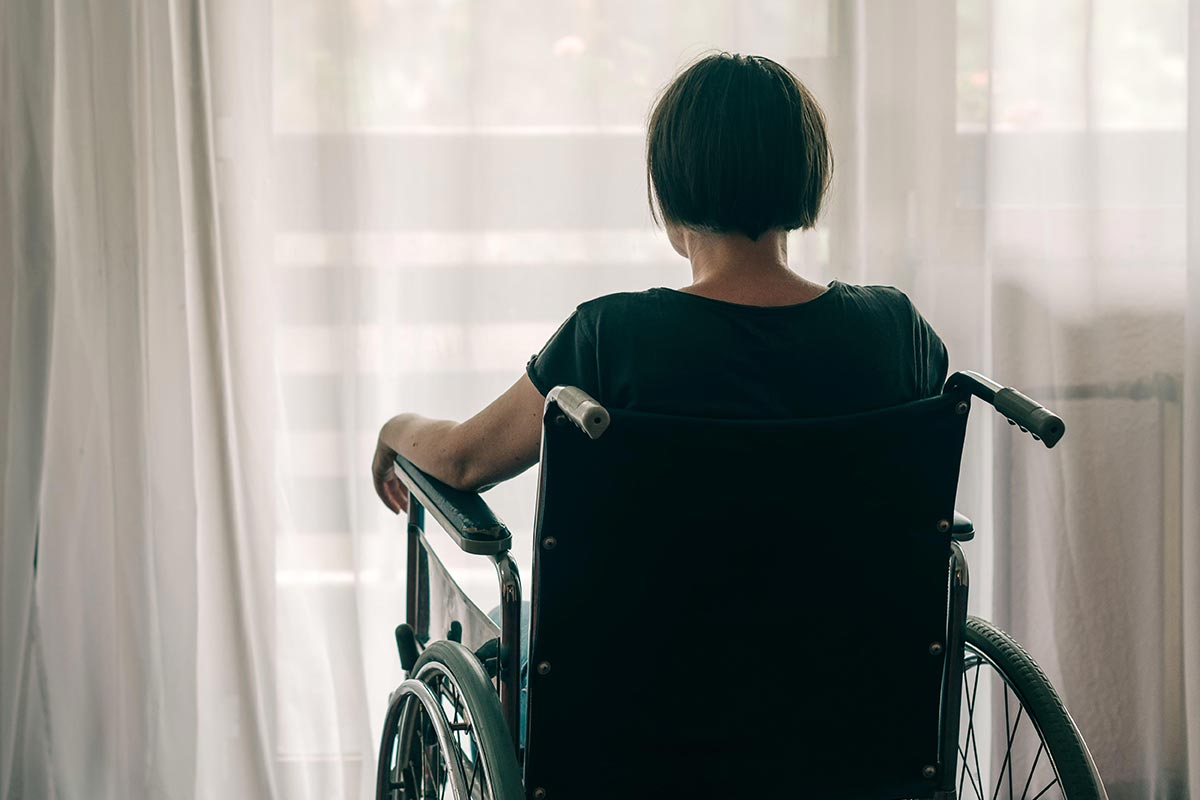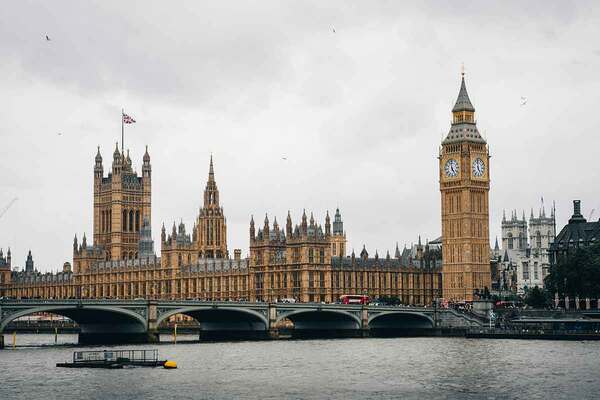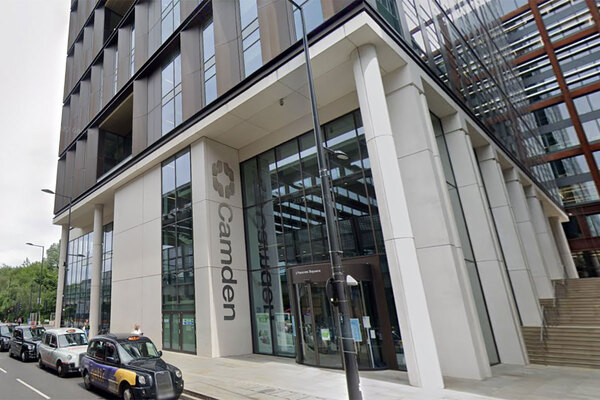No abolition of Section 21 without court reform, government reveals
The government has revealed that it will not introduce the abolition of Section 21 until stronger possession grounds and a new court process is in place, ahead of a debate of the Renters’ Reform Bill today.
A ban on no-fault evictions was first proposed in April 2019 by Theresa May when she was prime minister, and would mean that private landlords – including registered providers – will no longer be able to evict tenants for no reason.
However, in response to the Levelling Up, Housing and Communities Committee report on reforming the private rented sector, the government has pledged to introduce the ban only after a new court process is in place.
The government believes digitisation will make the court process easier and simpler for landlords to use, and it will look at prioritising certain cases, including anti-social behaviour.
The proposals also feature a plan for improving bailiff recruitment and retention and reducing administrative tasks so bailiffs can prioritise possession enforcement.
This will be done alongside providing early legal advice and better signposting for tenants, including to help them find a housing solution that meets their needs.
The government said: “We have learnt from the experiences of tenancy reform implementation in Wales and Scotland, and we are committed to ensuring that strengthened possession grounds and the abolition of Section 21 will be implemented over sufficient time for the courts and the wider sector to adapt to system changes.”
In August, the latest data from the Ministry of Justice revealed that no-fault evictions by bailiffs increased by 41% in the past year.
The government said it had received more than 20,000 responses from organisations and members of the public to the consultations on tenancy reform and on introducing the Decent Homes Standard in the private rented sector.
The committee’s Reforming the Private Rented Sector report called, which was originally published in February, had been “carefully considered”, said the government.
The planned reforms also include the creation of a ‘privately rented property portal’ to help landlords demonstrate compliance and navigate their responsibilities.
The portal will also support councils to enforce against unscrupulous landlords.
There will be a new ‘private rented sector landlord ombudsman’ service to support quicker and cheaper resolution in incidences where there are disputes.
The ability of landlords to increase rent each year in line with market levels will be protected, while preventing revenge or forced evictions.
The Decent Homes Standard will be extended to the private rented sector, and tenants will be given the legal right to request a pet.
In addition, the government will make it illegal for landlords and agents to have blanket bans on renting to tenants in receipt of benefits or those with children, while protecting landlords’ final say over who they rent to.
Local authorities will be given strengthened enforcement powers and there will be a new requirement for councils to report on enforcement activity, to help target criminal landlords.
The debate on the Renters’ Reform Bill will begin in parliament later today.
Last month, national charity Shelter revealed that private renters over the age of 55 are served with a Section 21 eviction notice every 16 minutes.
Sign up for our tenancy management newsletter
Already have an account? Click here to manage your newsletters












